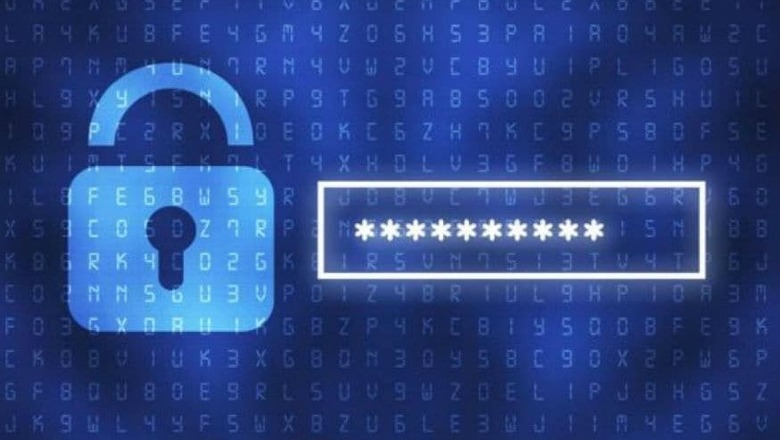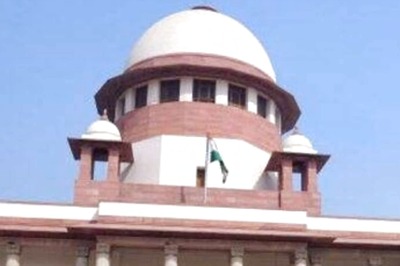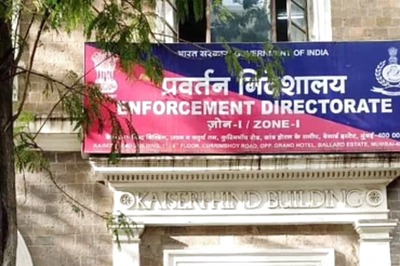
views
The Facebook group has openly refused the possibility of building a backdoor that can allow governments to spy on suspicious messages hidden behind encrypted messages. Earlier, a consortium of law enforcement officials including Priti Patel (UK State Secretary for Home), William Barr (US Attorney General), Chad Wolf (Acting US Secretary of Homeland Security) and Peter Dutton (Australian Minister of Home Affairs), had filed a letter to technology giants, stating how end-to-end encryption in messages create a loophole that is being exploited by criminals, and suggested towards building a privacy backdoor that could allow governments across the world to spy on suspicious activity.
Responding to the same, Will Cathcart (VP and head of WhatsApp) and Stan Chudnovsky (VP and head of Messenger) have explained via an open letter the circumstances of building such a backdoor. The letter states, "Cybersecurity experts have repeatedly proven that when you weaken any part of an encrypted system, you weaken it for everyone, everywhere. The 'backdoor' access you are demanding for law enforcement would be a gift to criminals, hackers and repressive regimes, creating a way for them to enter our systems and leaving every person on our platforms more vulnerable to real-life harm. It is simply impossible to create such a backdoor for one purpose and not expect others to try and open it. People’s private messages would be less secure and the real winners would be anyone seeking to take advantage of that weakened security. That is not something we are prepared to do."
End-to-end encryption, in cyber security parlance, is the first step towards preventing unauthorised access to private communication. With encryption, messages sent by a user are converted into a garble of code, and subsequently protected by a lock that can be opened only by a person that it is addressed to. Once the message reaches the target individual, it automatically reassembles into the original form, and is displayed as plain text. With a vast majority of today's public communication occuring on services such as WhatsApp, Messenger, Telegram, Signal, iMessage and others, encrypted messages make for the mainstream method that offers users at least a first-level insurance against outright surveillance.
Cathcart and Chudnovsky has further stated, "Last year we more than doubled the number of people working in this area to over 35,000. Artificial Intelligence now enables us to proactively detect many types of bad content on Facebook and Instagram before anyone even reports it, and often before anyone even sees it. WhatsApp detects and bans 2 million accounts every month based on abuse patterns and scans unencrypted information, such as profile and group information for abusive content, like child exploitative imagery. Our teams are constantly developing new ways to try to detect patterns of activity, by finding bad activity upstream, and by reviewing what we know across the accounts we provide."
While the Facebook group has re-emphasised their support for law enforcement agencies and vouched to support special requests "as long as it is consistent with the law", it now remains to be seen how the officials react to the same. Despite end-to-end encryption not being failproof, it still offers a considerable layer of security that can protect private communication. Furthermore, building backdoors, like the letter suggests, means running the risk of criminals finding a way to infiltrate it as well. Going forward, it will be interesting to see how this issue develops, and how law enforcement agencies respond to the same.
The full letter from Cathcart and Chudnovsky can be read here.



















Comments
0 comment